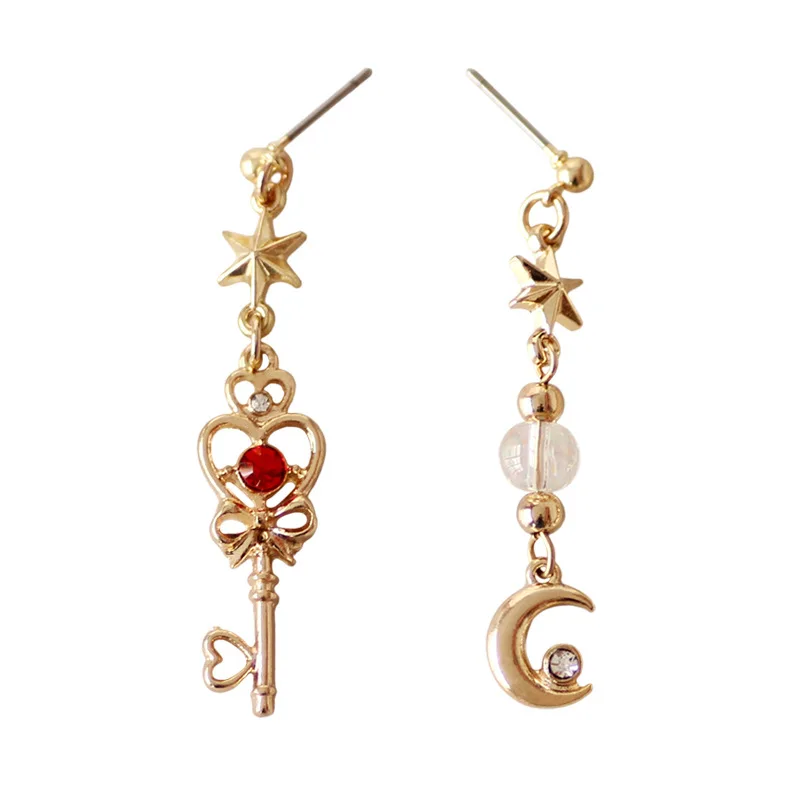

In this tale, the old merchant was walking along the Kii-no-kuni-zaka slope late in the evening. One such story is as follows:Ī Japanese ghost story narrates the encounter between a Mujina and an old merchant. There are many ghost stories involving the Mujina. In many cases of Noppera-Bō sightings, it often turned out that they were actually Mujina in disguise. They usually live in mountains and forests, and don’t frequent human settlements. Noppera-Bō aren’t inherently wicked or evil, but they like tormenting people who are cruel and unkind. While these are two different types of creatures, the Mujina can take on the form of the Noppera-Bō, while the Noppera-Bō often disguises itself as a human.

The Mujina often assumes the form of a faceless ghost known as the Noppera-Bō. The Kabukiri-kozō doesn’t always speak to humans, and depending on its mood, can transform back into a raccoon-dog or badger. It also takes on the appearance of a little boy or man and likes to sing songs in the dark. The Kabukiri-kozō is one type of Mujina, that transforms into a little monk and greets humans with the words, Drink water, drink tea. The Mujina, like the badger or the raccoon-dog, also eats small animals and is a carnivorous yokai. However, they quickly hide and transform back into animal form if a human comes around. The Mujina tend to shape-shift into human form when it’s dark and there are no humans around. Those Mujina who do live among humans, hide their identity and remain unknown. They’re said to be shy of human society and prefer living far away in the mountains. Mujina are not as popular as other shape-shifting yokai, and don’t feature in many myths. However, the term can also refer to a raccoon-dog. The Mujina are believed to be badgers that have developed magical powers and can shape-shift at will. Let’s take a closer look at the Japanese Mujina.

There’s little information about the Mujina, but from what we know, it’s an elusive, yet not a malicious creature. It’s seldom spotted or encountered by human beings. As opposed to other spirit animals, the Mujina’s rare and uncommon. The word Mujina can refer to the Japanese badger, racoon-dog, civet, or fox. In Japanese mythology, the Mujina is a shape-shifting yokai (spirit) that mocks and deceives human beings.


 0 kommentar(er)
0 kommentar(er)
